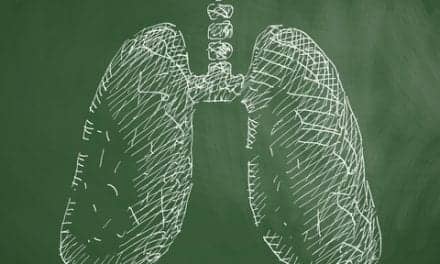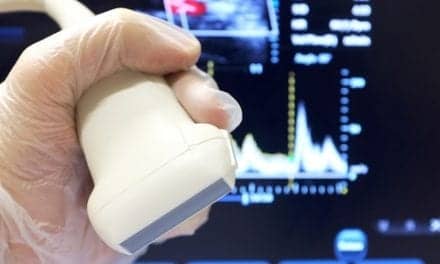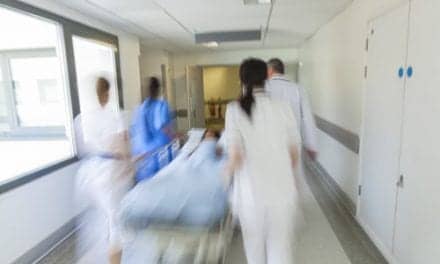EarlySense, the leader in contact-free health sensing and analytics, announced today a new peer-reviewed study published by a leading Cleveland, Ohio, teaching institute. The investigators found that the company’s novel under-the-mattress piezoelectric sensor (PS), which continuously monitors respiration rate, heart rate and motion, was well-tolerated by the congestive heart failure (CHF) patients. In addition, it was found that change in respiratory rate is an effective predictor of hospital readmission for heart failure patients.
This is the first study that followed heart failure patients after hospital discharge, and then monitored them at home using EarlySense. The purpose of the study was to gauge if an under-the-mattress PS could assist clinicians with predicting patients at risk for 30-day hospital readmission.
The study led by Bennett, Shao and Gorodeski, entitled, Home Monitoring of Heart Failure Patients at Risk for Hospital Readmission Using a Novel Under-the-mattress Piezoelectric Sensor, was published in the Journal of Telemedicine and Telecare.
Researchers used a contactless under-the-mattress PS to monitor vibrations resulting from breathing, pumping of the heart, and body movements among individuals at home following hospitalization for heart failure.The objectives were to assess acceptability of the device in the home, evaluate physiological patterns, and determine if altered patterns correlate with readmission.The study also demonstrated that the average nightly respiratory rate was the most important risk-adjusted associate of readmission for heart failure.
“These sensors are designed to assist clinicians’ early detection of adverse events in a non-invasive manner, providing the opportunity for intervention prior to hospitalization,” said Dalia Argaman, VP of Clinical and Regulatory Affairs at EarlySense. “These data may impact the financial wellbeing of health systems facing economic penalties for 30-day readmission. Predictive insights from a monitoring solution can translate into millions of dollars saved.”
Nearly six million Americans live with heart failure and more than 870,000 new cases are diagnosed each year. Frequent readmissions are a main contributor to high costs associated with heart failure in the U.S., estimated at $39 billion annually.










